Icelandair and Airbus have signed a Memorandum of Understanding (MoU) for the acquisition of 13 Airbus A321XLR aircraft, along with purchase rights for an additional 12 planes. The deliveries of these planes are expected to start in 2029.
However, Icelandair is in advanced negotiations to lease four Airbus A321LR aircraft, which are set to be entered into service in 2025. Icelandair plans to completely replace its Boeing 757 fleet with Airbus planes. The purchase price of the 13 planes remains confidential, and the financing options will be explored closer to the delivery dates.
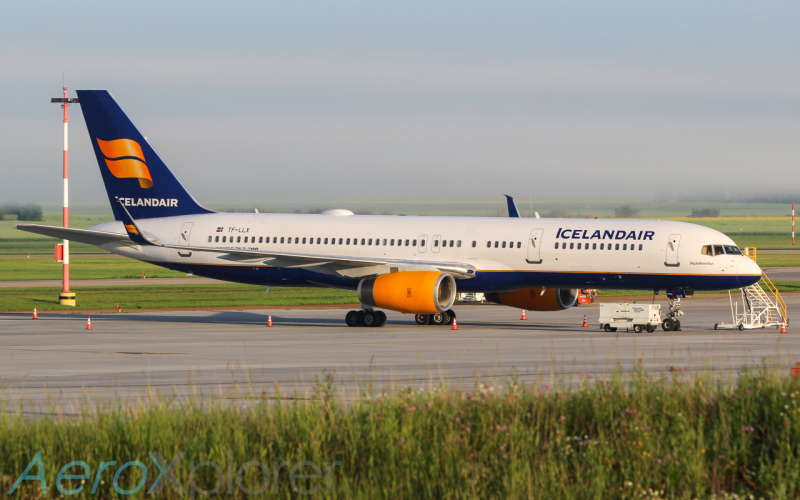
The addition of these aircraft will reduce operating costs, support Icelandair's sustainability targets and offer excellent customer experience through the aircraft design and unique features.
With around 190 seats, Icelandair's A321XLR has a higher passenger capacity than the Boeing 757-200, which has 183 seats, and the 737 MAX 8 and MAX 9, which have passenger capacities of 160 and 178, respectively. The aircraft will be delivered starting in 2029, but Icelandair intends to begin operating Airbus aircraft in 2025 by leasing four Airbus A321LR aircraft.
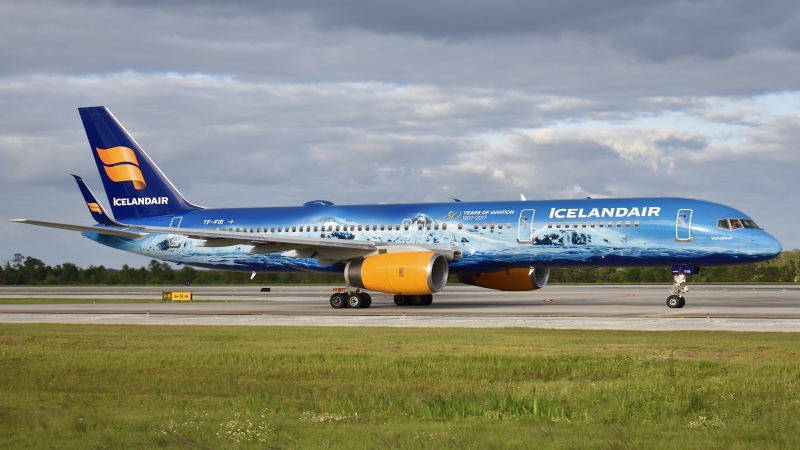
About the Airbus A321XLR
The A321XLR and A321LR aircraft are part of the Airbus A320neo Family and offer an excellent range, fuel efficiency, and lower carbon emissions.
The A321XLR has a range of up to 4,700 nautical miles, which will allow Icelandair to expand into new markets. The A321LR has a range of up to 4,000 nautical miles and will be able to serve Icelandair's current route network.
Despite this, Icelandair will continue to operate a full Boeing fleet until 2025, after which the Company will operate a mixed fleet of Airbus and Boeing aircraft.

Executive Comments
Icelandair's President and CEO, Bogi Nils Bogason, has announced that the company has the decision to gradually retire the Boeing 757 and replace it with the fuel-efficient and capable Airbus A321XLR and A321LR aircraft.
The Boeing 757 has been a cornerstone of Icelandair's operations since 1990, and its unique capabilities have been instrumental in the development of the airline's extensive route network and competitive transatlantic hub by leveraging Iceland's strategic geographical location to connect North America and Europe via Iceland.
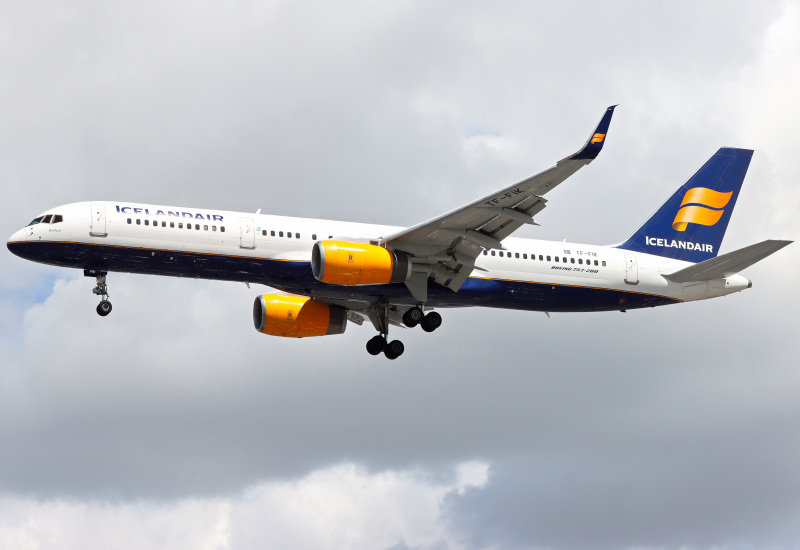
These newly-introduced Airbus aircraft will not only allow Icelandair to continue its proven business model around transatlantic flights but also provide opportunities for future growth by entering new and exciting markets.
Comments (0)
Add Your Comment
SHARE
TAGS
NEWS Icelandair Airbus Airbus A321XLR A321XLR Orders Boeing 757 RetirementRECENTLY PUBLISHED
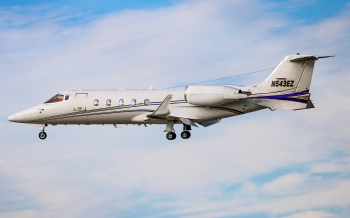 Learjet Owned By Vince Neil Crashes Into Gulfstream Jet, 1 Fatality Confirmed
On February 10th, around 14:30 local time, a Learjet private jet aircraft crashed into another private jet after landing at Scottsdale Airport (SCF) in Arizona.
NEWS
READ MORE »
Learjet Owned By Vince Neil Crashes Into Gulfstream Jet, 1 Fatality Confirmed
On February 10th, around 14:30 local time, a Learjet private jet aircraft crashed into another private jet after landing at Scottsdale Airport (SCF) in Arizona.
NEWS
READ MORE »
 Seattle Plane Strike 2025: Japan Airlines and Delta Collision Raises Safety Concerns
Seattle-Tacoma International Airport saw a concerning incident on Wednesday morning when a Japan Airlines (JAL) plane clipped a parked Delta Air Lines jet while taxiing. Thankfully, no one was injured, but passengers described the collision as a frightening experience.
NEWS
READ MORE »
Seattle Plane Strike 2025: Japan Airlines and Delta Collision Raises Safety Concerns
Seattle-Tacoma International Airport saw a concerning incident on Wednesday morning when a Japan Airlines (JAL) plane clipped a parked Delta Air Lines jet while taxiing. Thankfully, no one was injured, but passengers described the collision as a frightening experience.
NEWS
READ MORE »
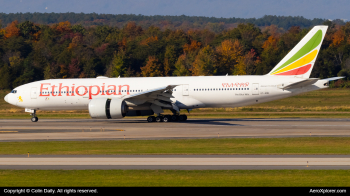 Ethiopian Airlines Expands Cargo Fleet with New Boeing 777 Freighter
Ethiopian Airlines has expanded its cargo fleet with a brand-new Boeing 777 Freighter, registered as ET-BAB (MSN 68140). The aircraft was delivered directly from Boeing’s factory in Everett, Washington, USA, and landed at Addis Ababa Bole International Airport at 3:41 PM (GMT+3) on Wednesday, January 22, 2025.
NEWS
READ MORE »
Ethiopian Airlines Expands Cargo Fleet with New Boeing 777 Freighter
Ethiopian Airlines has expanded its cargo fleet with a brand-new Boeing 777 Freighter, registered as ET-BAB (MSN 68140). The aircraft was delivered directly from Boeing’s factory in Everett, Washington, USA, and landed at Addis Ababa Bole International Airport at 3:41 PM (GMT+3) on Wednesday, January 22, 2025.
NEWS
READ MORE »





